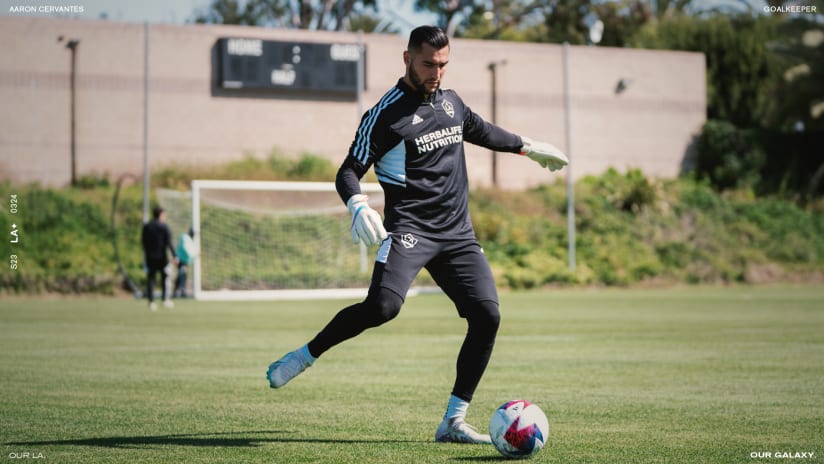People say you should ‘always trust your gut’ and fiber is an essential tool for keeping you gut healthy.
Research shows that sufficient fiber intake can reduce the risk of coronary heart disease, stroke, hypertension, diabetes, obesity and gastrointestinal stress.
Fiber is found exclusively in plants and there are two types of fiber: soluble and insoluble.
Fiber can be found in high quantities in grains, legumes, fruits, vegetable, nuts and seeds.
Insoluble Fiber is crucial tool for helping the body to ease bowel movements, and adds bulk to the stool, giving the gut something to push on and prevent constipation. Foods high in insoluble fiber include wheat bran, vegetables and whole grains.
Soluble Fiber helps slow digestion, and attracts water to the gut and is eventually fermented and absorbed. Foods high in soluble fiber are oat bran, barley, nuts, seeds and beans. This also includes some fruit and vegetables.
Soluble Fiber also acts as a prebiotic. This provides the necessary nutrients to support the growth of healthy bacteria in the gut, which in turn boosts the strength of the immune system.
Our gut is crucial to our immune health with around 70% of our immune system living in our gut.
Studies show that athletes with a high training load are more at risk of illnesses such as coughs and cold, and have higher self-reported cases of and gastrointestinal stress.
Probiotics are recommended for people that have an unhealthy balance of bad bacteria in relation to healthy bacteria in the gut and commonly report gastrointestinal stress and stomach upsets.
It is generally recommended that we consume 14 grams of fiber per 1,000 calories consumed. So for a soccer player who needs 3,000 calories per day, they should try and consume around 42 grams during that same time period.
At the LA Galaxy, we include high fiber fruits and vegetables in our lunch menus such as apples, bananas, blueberries, raspberries, broccoli, squash, avocado sweet potato and carrots
Legumes are very high in fiber and I recommend soybeans, peas, kidney beans and black beans.
Legumes are also a great source of protein and carbohydrates and should be an important part of an athlete’s diet.
Eating too much fiber can result in you feeling very full. This is a good strategy for those wishing to lose weight as it will prevent you snacking between meals and ensure you don’t overeat.
However, for athletes who have a very high fiber intake they may feel full before they have actually consumed the amount of calories their body needs to recover and refuel.
Therefore it is important to not consume too much fiber, as this will overload the gut. In addition it is important you consume a good balance of both insoluble and soluble fiber.
Eating enough complex carbohydrates, consuming healthy fats and aiming for 10 servings of fruit and vegetable a day with the occasional probiotic will put you on the right track for a healthy gut and will ensure you get enough fiber in your diet.
Gut health is often overlooked in athletic sports, but a healthy gut is essential to the optimal functioning of any athlete and plays a huge role in an athlete’s mood and well-being.
Look after your gut and your gut will look after you.
For more advice follow @alexsavva19 on twitter and for any questions #Askalex and I will be sure to get back to you.
Yours hydrated,
Alex Savva




